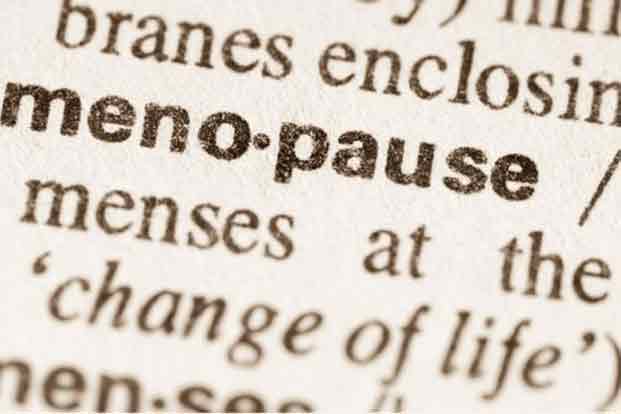Menopause and Anxiety-To Sit Back or be Alarmed…Mystery Unfolds
Apr 19, 2022
Menopause is a perplexing phase in a woman’s life. Menopause is a period when menses stop permanently due to loss of ovarian function. As menopause sets in, the estrogen levels decline and levels of follicle-stimulating hormone (FSH) and luteinizing hormone (LH) increase. Estrogen increases the effects of serotonin and norepinephrine and also affect dopamine and melatonin, all of which play an important role in mood regulation and produces a sense of well being.

Mild anxiety during menopause is quite common and may be related to physical changes caused by rebalancing of hormones or rather dip in estrogen levels. For example, physical symptoms like hot flushes and lack of sleep can cause anxiety. Mild forms of anxiety can be easily treated with hormone replacement therapy and emotional support. However there are some anxiety disorders that are present during menopause and are very difficult to treat.
Mood Changes & Menopause :
Menopausal women suffering from mood fluctuations frequently ignore ongoing anxiety disease because often they are told that these symptoms are a part of menopause which will last for a few years. Consequently, sporadic symptoms of anxiety and panic may go unnoticed, undiagnosed and untreated. When the anxiety disorder becomes a daily episode, the patient seeks medical help.So it is extremely important to understand the various anxiety disorders that may cripple life.
Symptoms of anxiety in menopausal women:
Anxiety is defined as excessive and persistent worry, tension and nervousness.
Anxiety disorders are grouped into following types:
- Generalised anxiety disorder(GAD): When there is persistent worry or tension without any provoking factor.
- Panic disorder(PD) : Acute episodes of sudden fear and sense of dread.
- Social Phobia : Excessive worry about everyday social situations
- Agoraphobia: Fear and avoidance of places or situations that may cause panic. Patients may lock themselves in their homes, and are unable to do things which involve leaving the house.
Treatment & management of Anxiety in Menopausal Women:
The key is early diagnosis and treatment so that the quality of the patient’s life is not compromised.A combination of pharmacotherapy, supportive psychotherapy, and cognitive behaviour therapy along with hormone replacement therapy leads to excellent response.









